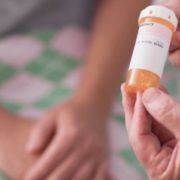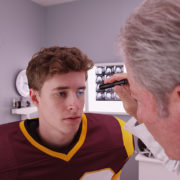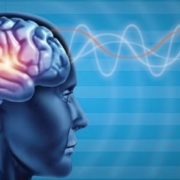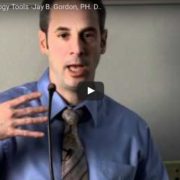Promising Medication Tested Successfully on Adults with ADHD
Psychologists may have a promising new ADHD medication option to prescribe: mazindol CR. Mazindol CR, also known as NLS-1, is a treatment produced by the Switzerland-based company, NLS Pharma. It would be a revolutionary addition to the ADHD medicine cabinet because unlike current options on the market, mazindol CR is a non-stimulant. Many patients











